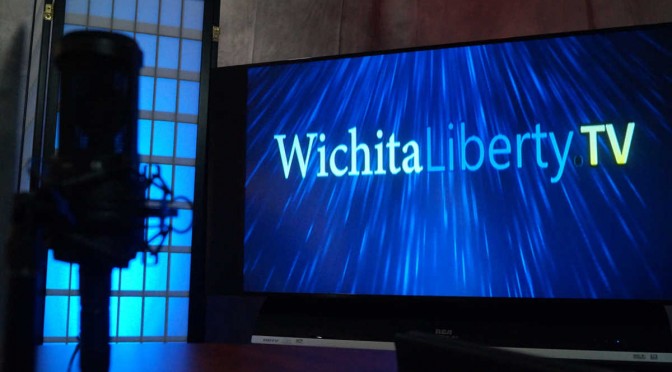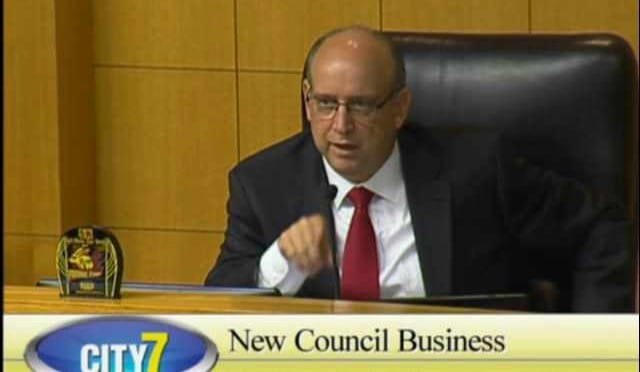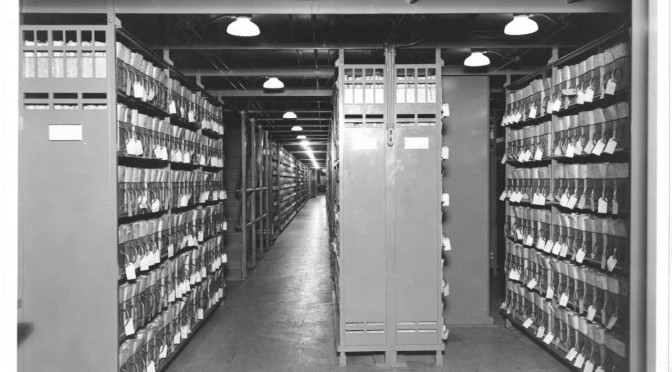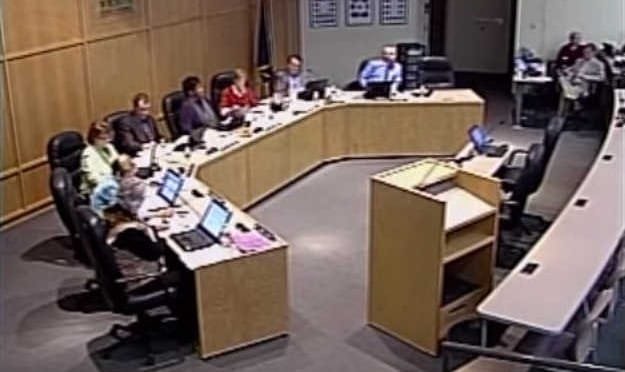Tag: Government transparency
-

WichitaLiberty.TV: What the Kansas Legislature should do, and eminent domain
There are things simple and noncontroversial that the Kansas Legislasture should do in its upcoming session, and some things that won’t be easy but are important. Also, a look at eminent domain.
-

Availability of testimony in the Kansas Legislature
Despite having a website with the capability, only about one-third of standing committees in the Kansas Legislature are providing written testimony online.
-

A simple step for transparency in Kansas government
There exists a simple and inexpensive way for the Kansas Legislature to make its proceedings more readily available.
-

WichitaLiberty.TV: Wichita’s attitude towards empowering citizens, tax credits, and school choice
The City of Wichita’s attitude towards empowering citizens, government spending through tax credits, and school choice in Kansas.
-

Wichita checkbook register
A records request to the City of Wichita results in data as well as insight into the city’s attitude towards empowering citizens with data.
-

For Wichita’s mayor, too many public hearings
Is the Wichita city council burdened with too many public hearings? Wichita’s mayor seems to think so.
-

Where are our documents?
Government promotes and promises transparency, but finds it difficult to actually provide.
-

WichitaLiberty.TV: Lack of information sharing by government, community improvement districts, and the last episode of “Love Gov”
Do our governmental agencies really want to share data and documents with us? Community Improvement Districts and homeowners compared. And, the last episode of “Love Gov” from the Independent Institute.
-

Wichita can implement transparency, even though tax did not pass
Wichitans have to wonder: Was transparency promised only as an inducement to vote for the sales tax? Or is it a governing principle of our city?
-

Having raised taxes, could you give us a little access?
The Wichita public school district has raised taxes substantially, but it’s still difficult to view the board meetings. Could we work out a deal?
-

Wichita schools could increase engagement at no cost
The Wichita public school district could boost its engagement with citizens with a simple step that would add no cost.
-

Discussion of open government in Wichita and Kansas
Perspectives may differ, but the point is the same — more government transparency leads to more citizen engagement and better outcomes in communities, states, and nations.